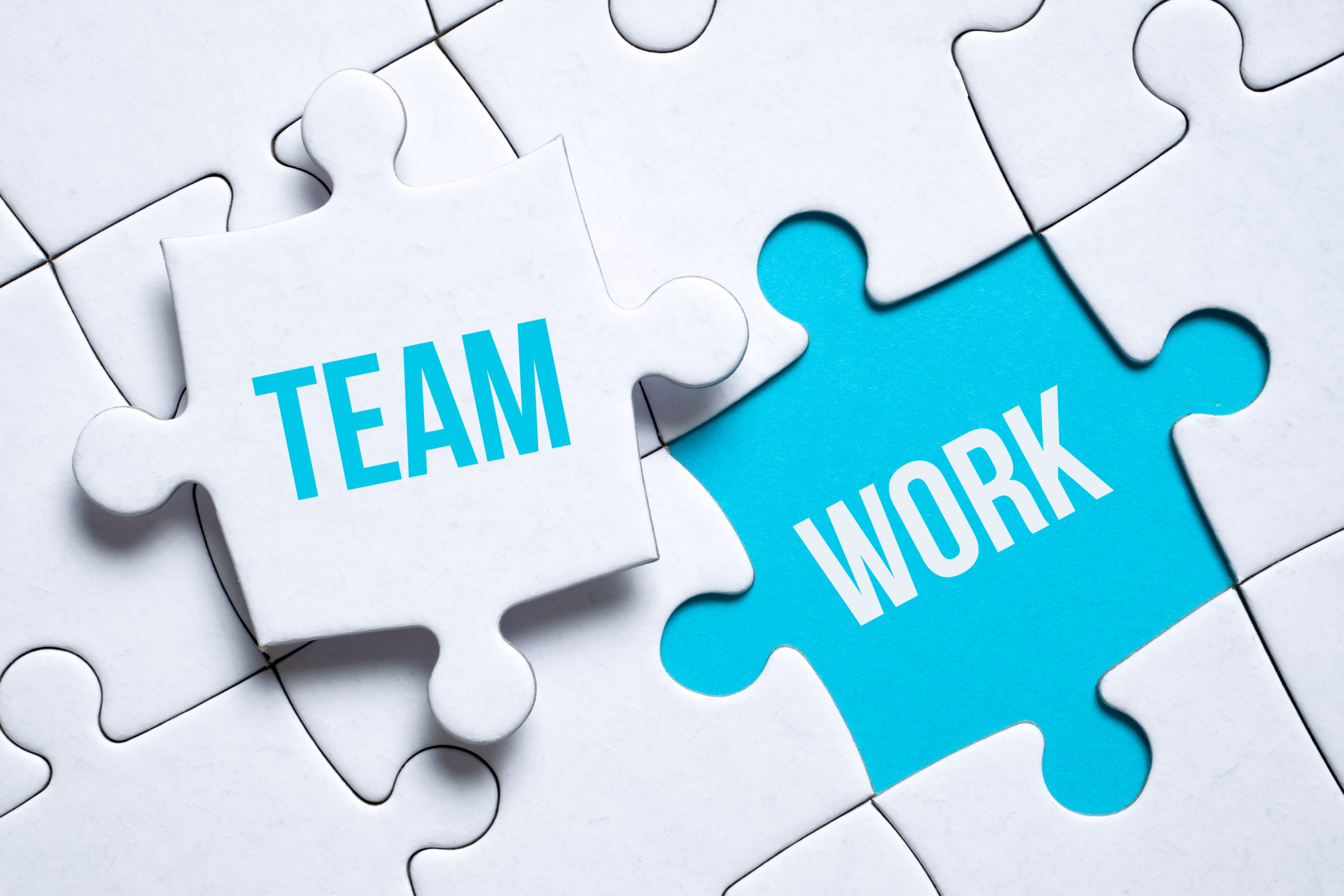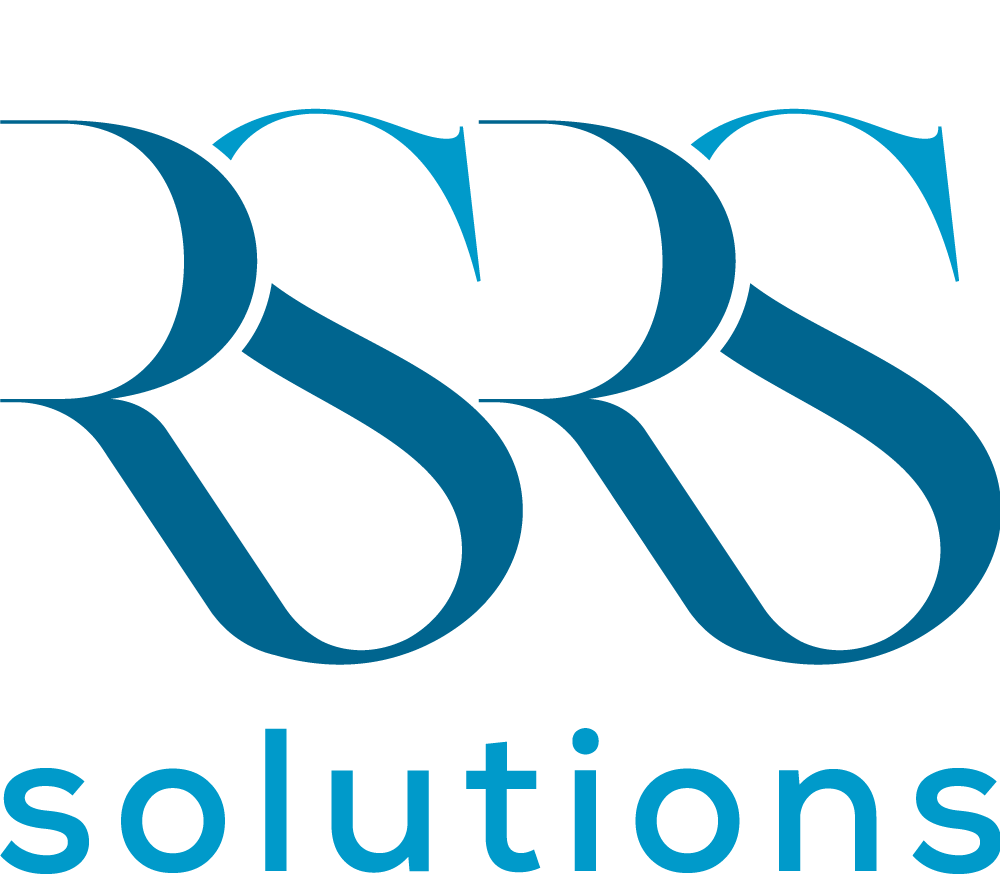The five elements of successful teamwork
- January 22, 2016
- Posted by: admin
- Categories: Business plans, Uncategorized

Teamwork has always been an essential capability for successful enterprises, but with today’s organisations undergoing disruption and digitisation in an ‘innovate or die’ economy, it is now more important than ever that employees can collaborate effectively across geographical sites, between business functions and within increasingly fluid job hierarchies.
Successful teamwork is also an important for employee engagement and wellbeing at a time when talent retention faces the highly competitive global job market as well as the ‘loyalty challenge’ posed by millennial workers.
The Deloitte Millenial Survey 2016 reported that, among other findings, millennials linked job satisfaction with high-levels of cross-team collaboration, open and free-flowing communication, a culture of mutual support and tolerance, the active encouragement of ideas among all employees and a strong commitment to equality and inclusiveness—in other words, millennials might stay for a strong team.
Teams in the future of work will be increasingly ‘4-D: diverse, dispersed, digital, dynamic’, but the fundamental skills that comprise effective teamwork are likely to remain the same. The elements crucial to building a productive team include:
- Communication:
Effective communication is the most important part of teamwork and involves consistently updating each person and never assuming that everyone has the same information. Being a good communicator also means being a good listener. By listening to your colleagues you show them respect, which is an essential trust-building method. Offering encouragement also goes a long way to getting the best out of team members. Collaborating and being open to new ideas are also essential ingredients for a harmonious team environment. - Delegation:
Teams that work well together understand the strengths and weaknesses of each team member. One of the benefits of strong teamwork is that team leaders and members are adept at identifying all aspects of a project and allocating tasks to the most appropriate team members. - Efficiency:
A strong and cohesive team develops systems that allow them to collaborate efficiently to complete tasks in a timely manner. Through working together, colleagues will be aware of their own capabilities and the capabilities of the group in general, and can organise the workload accordingly.
- Ideas:
When a team works well together, colleagues feel more comfortable offering suggestions and ideas. A respectful and trusting team environment will not only enable colleagues to think more creatively, but will lead to more productive and collaborative brainstorming sessions. - Support:
All workplaces provide challenges, but having a strong team environment in place can act as a support mechanism for staff members. They can help each other improve their own performance as well as working together toward improving their professional development. Building bonds on trust and reliance on each other can be extremely important when facing a particularly difficult challenge or if the group is forced to deal with the loss of a team member while continuing to maintain productivity.
Good teamwork means a synergistic way of working with each person committed and working towards a shared goal. Teamwork maximises the individual strengths of team members to bring out their best. It is therefore a necessity that leaders facilitate and build the teamwork skills of their people if they are to steer a company toward success.
Leave a Reply Cancel reply
Contact us at the RSRS General Trading office nearest to you or submit a business inquiry online.

